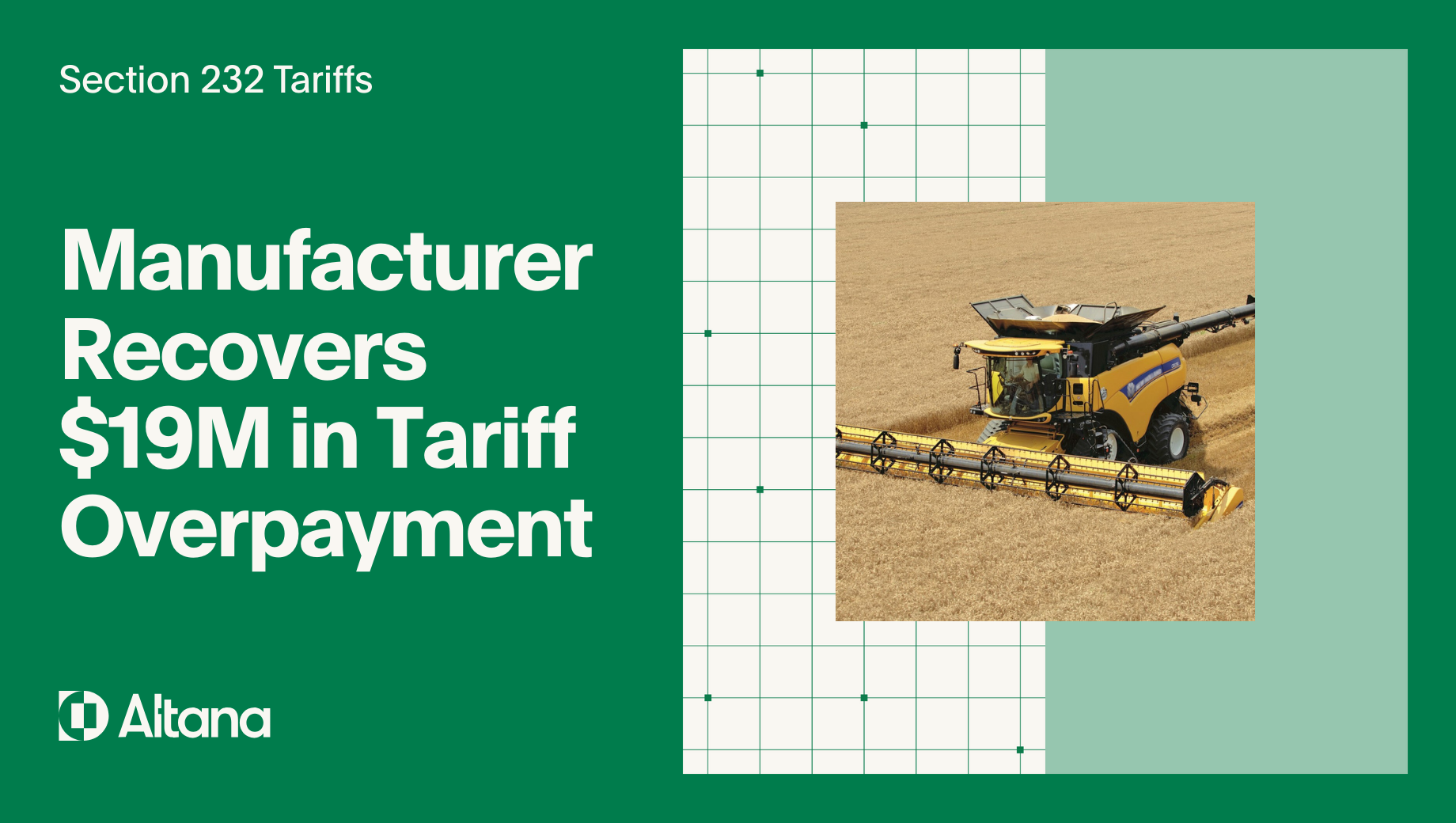Compliance is a network problem: Suppliers and original equipment manufacturers (OEMs) are deeply intertwined
Auto manufacturers must navigate a profound transformation brought on by supply chain challenges, geopolitics, environmental imperatives, shifting demand for electric vehicles (EVs), and more. Essential components and inputs—such as semiconductors and critical minerals used in EV batteries—often come from hard-to-track suppliers deep within multi-tier value chains.
These sensitive supply chains, combined with increasingly onerous regulatory requirements, mean it’s more important than ever to identify vulnerabilities, threats, and compliance risks as early as possible—especially when planning new vehicle production can take years.
However, ensuring compliance and resilience from the early stages of supplier onboarding has traditionally been expensive and labor-intensive. Existing methods such as manual surveying and attestation are highly time-consuming and require Tier 1 suppliers to fill out duplicative documentation, making it difficult to proactively mitigate disruptions for all parties.
EV tax credits provide a new opportunity to reach a wider consumer base and offer more competitive pricing
Automakers can now take advantage of tax credits to offer lower prices on electric vehicles—but only if they meet strict qualification criteria. IRC Section 30D, a US clean vehicle tax credit of up to $7,500, places requirements on the percentage of components manufactured in North America and the percentage of critical minerals extracted or processed through US free trade allies.
Automakers are also responsible for activity across their global supply chains and distribution networks. In 2022, the US enacted the Uyghur Forced Labor Prevention Act (UFLPA), which prohibits the importation of goods produced in whole or in part in the Xinjiang Uyghur Autonomous Region of China. Automakers using suppliers with ties to forced labor programs in Xinjiang—where EV battery production often takes place—face not only potential fines and disruptions but also significant reputational risks.
A slate of other regulations are arriving globally. These include the EU’s Corporate Sustainability Due Diligence Directive (CSDDD) and Carbon Border Adjustment Mechanism (CBAM) as well as geopolitically related legislation like the UK and EU’s multi-tier Russian Steel Sanctions.
Each new regulation, forthcoming tariff, and tax credit amendment underscores the need for sub-tier visibility and tools to take action alongside your suppliers.
Altana, the world’s first value chain management system, gives automakers a unified, one-stop solution to multi-tier, cross-border compliance
See all of your value chains, upstream and downstream, built from detailed material flow visibility and based on your actual vehicle production rather than suppliers’ self-reported component charts.
Focus on areas of exposure and determine priorities amid the thousands of parts used across vehicle assembly. Screen new and existing suppliers and products against every compliance requirement—from forced labor to carbon to sanctions—with relevant alerts, tailored insights, and AI decision support across all your product lines.
Act across your value chains to get every compliance job done—whether triaging potential risks, collecting and verifying documentation from distant suppliers, or building audit trails. Create, manage, and file mandated regulatory reports and escalate concerns both internally and to upstream suppliers from a shared source of truth.
Learn More With This PDF


